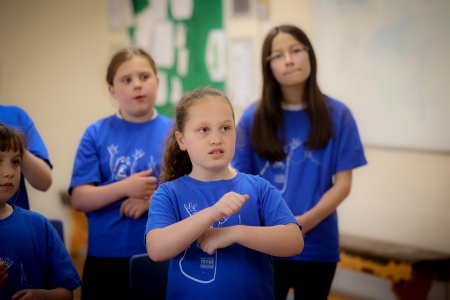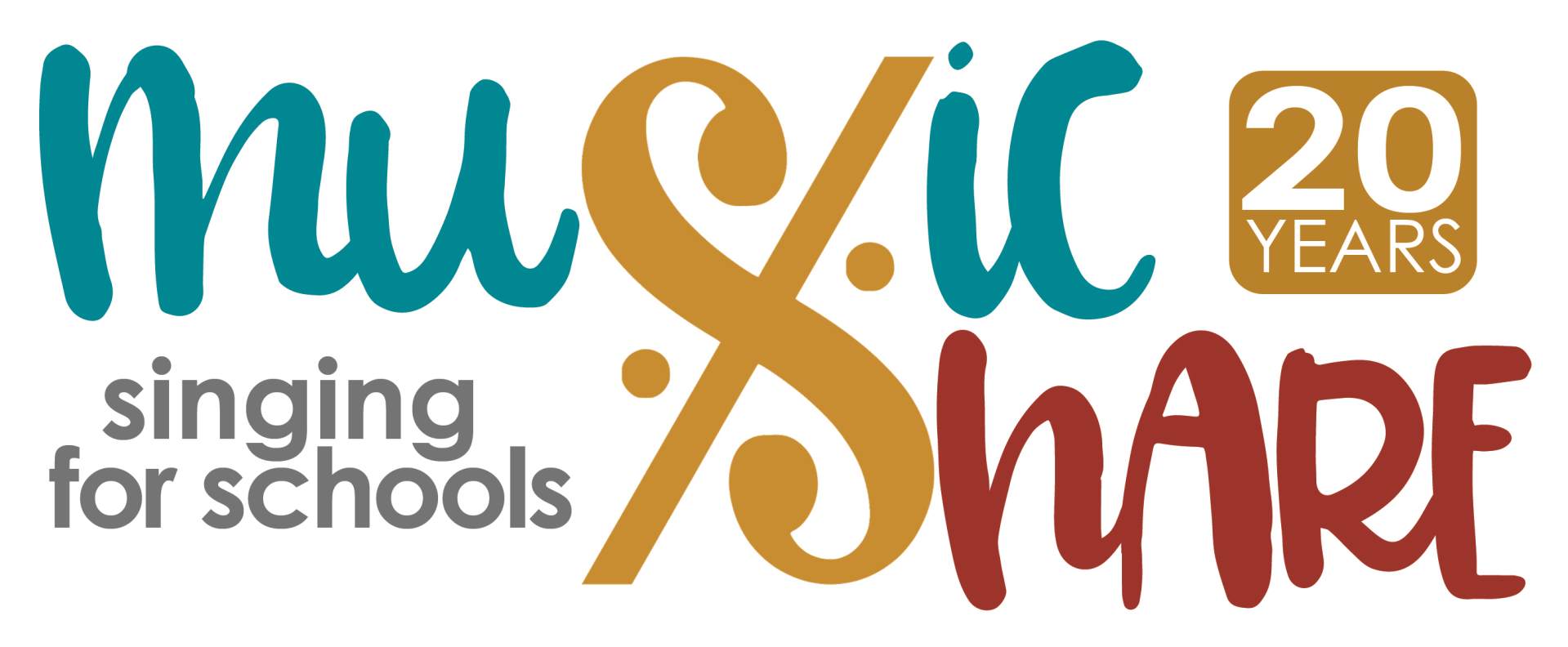Hidden Benefits of Choir Singing

As the Director of MusicShare, I’ve had the privilege of watching thousands of children grow - not just musically, but emotionally, socially, and academically - through the simple yet profound act of singing together. While many parents enrol their children in choirs for the joy of music, few realise the full spectrum of benefits that choir participation offers. Singing in a choir is far more than learning notes and rhythms; it’s a transformative experience that nurtures confidence, emotional wellbeing, and even academic performance.
Confidence Through Collective Achievement
One of the most noticeable changes in children who join a choir is a boost in self-confidence. For many, standing up to sing - even in a group - can be daunting at first. But as they rehearse, perform, and receive applause, they begin to believe in their own abilities. Choirs offer a safe space where children can take risks, make mistakes, and grow without fear of judgment. The sense of achievement that comes from performing in front of an audience, especially as part of a team, is incredibly empowering.
Moreover, choir singing encourages children to take ownership of their voice. Unlike sports or academics, where competition can sometimes overshadow collaboration, choirs thrive on unity. Every voice matters. Children learn that their contribution is essential to the group’s success, which reinforces their sense of value and belonging.

Emotional Wellbeing and Expression
Singing is a deeply emotional act. It allows children to express feelings they may not yet have the words for. Whether it’s joy, sadness, excitement, or calm, music gives children a channel to process and release emotions in a healthy way. In rehearsals for Young Voices, we often talk about the meaning behind lyrics and how to convey emotion through tone and dynamics. These discussions help children develop emotional intelligence and empathy.
Being part of a choir also provides a consistent, supportive community. In a world where children face increasing pressures - from school, social media, and personal challenges - choirs offer a haven of connection and routine. The friendships formed in choirs are often strong and lasting, built on shared experiences and mutual encouragement.
Academic Enhancement Through Music
There’s growing evidence that music education positively impacts academic performance. Choir singing engages multiple areas of the brain simultaneously. Children must read music, listen attentively, follow a conductor, and coordinate with others - all while singing in tune and rhythm. This multitasking strengthens cognitive skills such as memory, concentration, and auditory processing.
Additionally, choir participation improves language development. Singing enhances vocabulary, pronunciation, and comprehension. Children exposed to diverse musical styles and languages often show increased literacy and verbal skills. The discipline of regular rehearsals also fosters time management and goal-setting - skills that translate directly into academic success.
A Lifelong Gift
Perhaps the most beautiful benefit of choir singing is that it instils a lifelong love of music. Children who sing in choirs often continue to engage with music into adulthood, whether professionally or for pleasure. They carry with them not just musical skills, but memories of teamwork, triumph, and joy.
As a choir leader, I encourage every parent to consider enrolling their child in a choir—not just for the music, but for the growth it inspires. The hidden benefits are profound, and the impact can last a lifetime.
Lichfield Young Voices Choir for children aged 6 to 11 years meets on Monday afternoons from 4.30pm to 5.30pm during term-time at Minster Hall in Lichfield. Either come along to our next session, or complete the form below for more information.
Cathy Lamb
Director of MusicShare and Lichfield Young Voices Choir Leader
Join us at Music Share for a taster session














